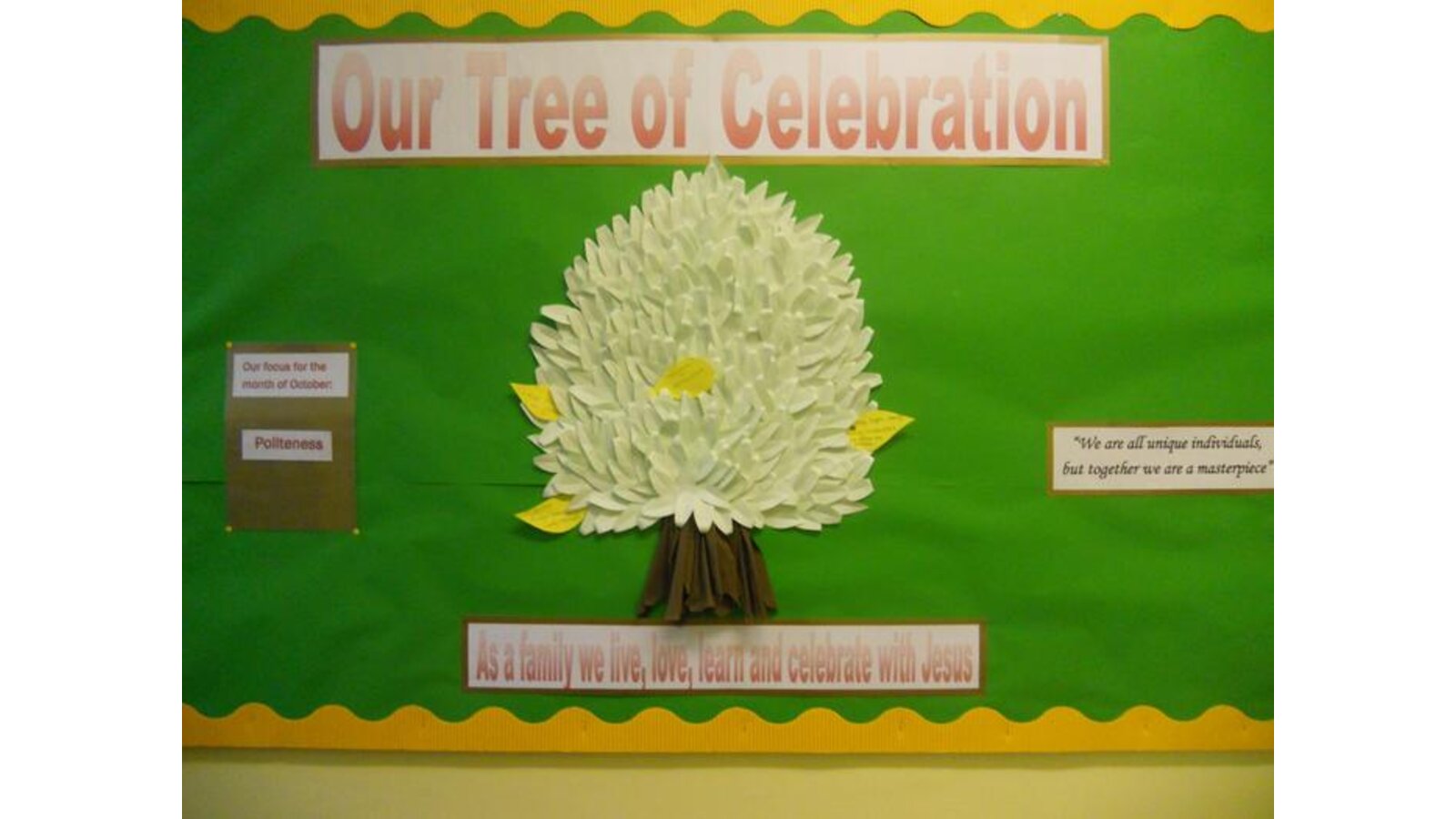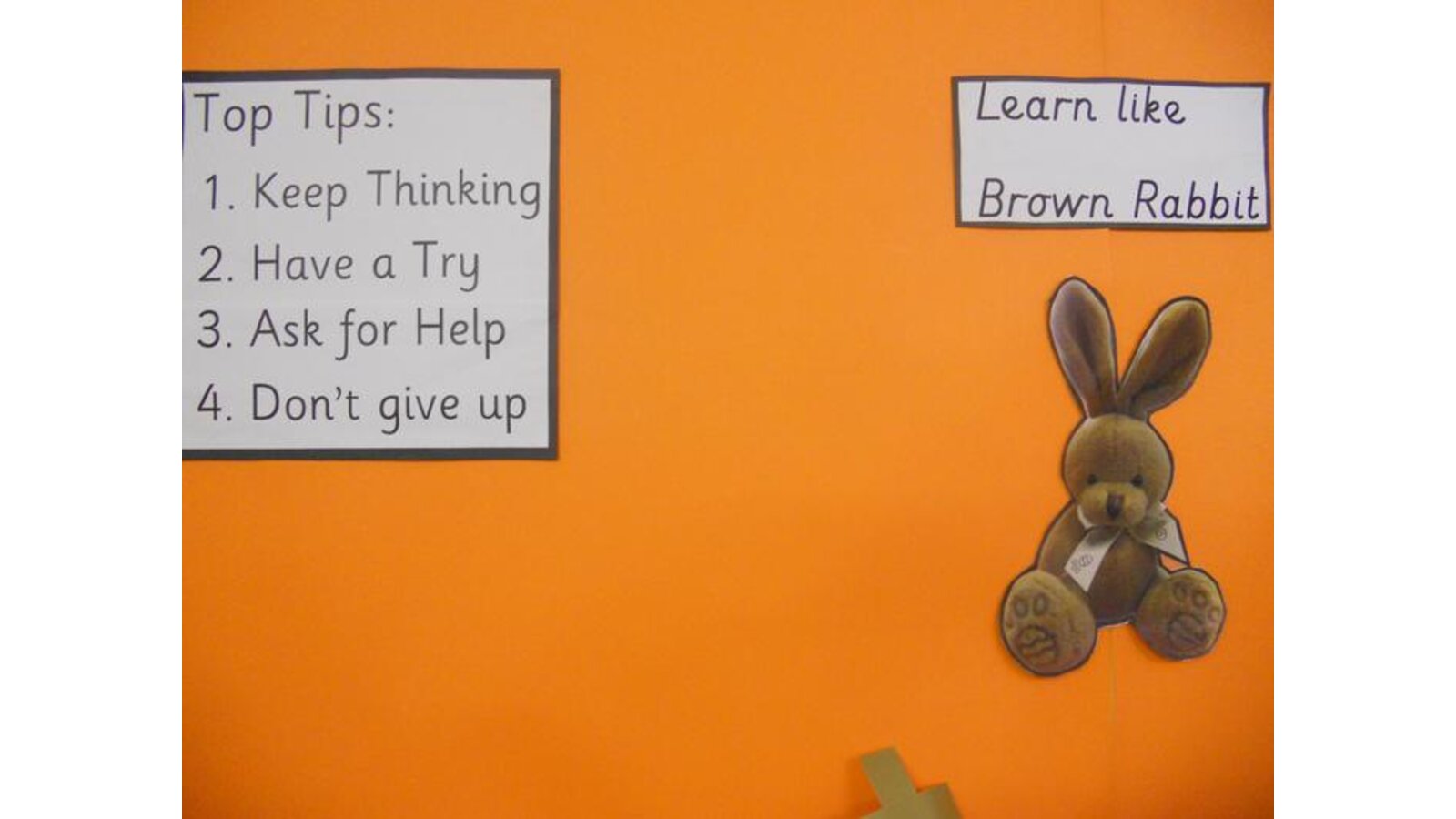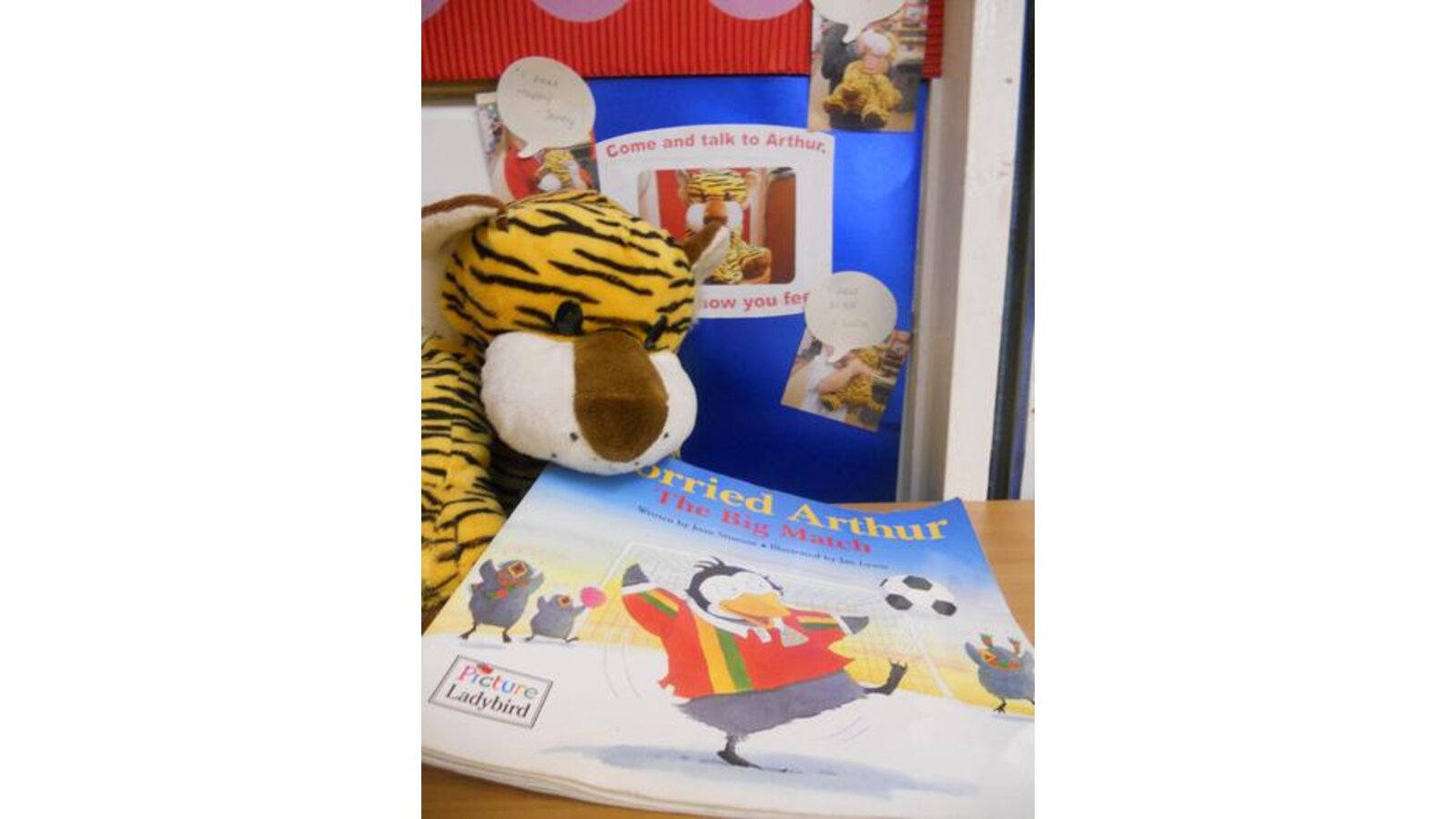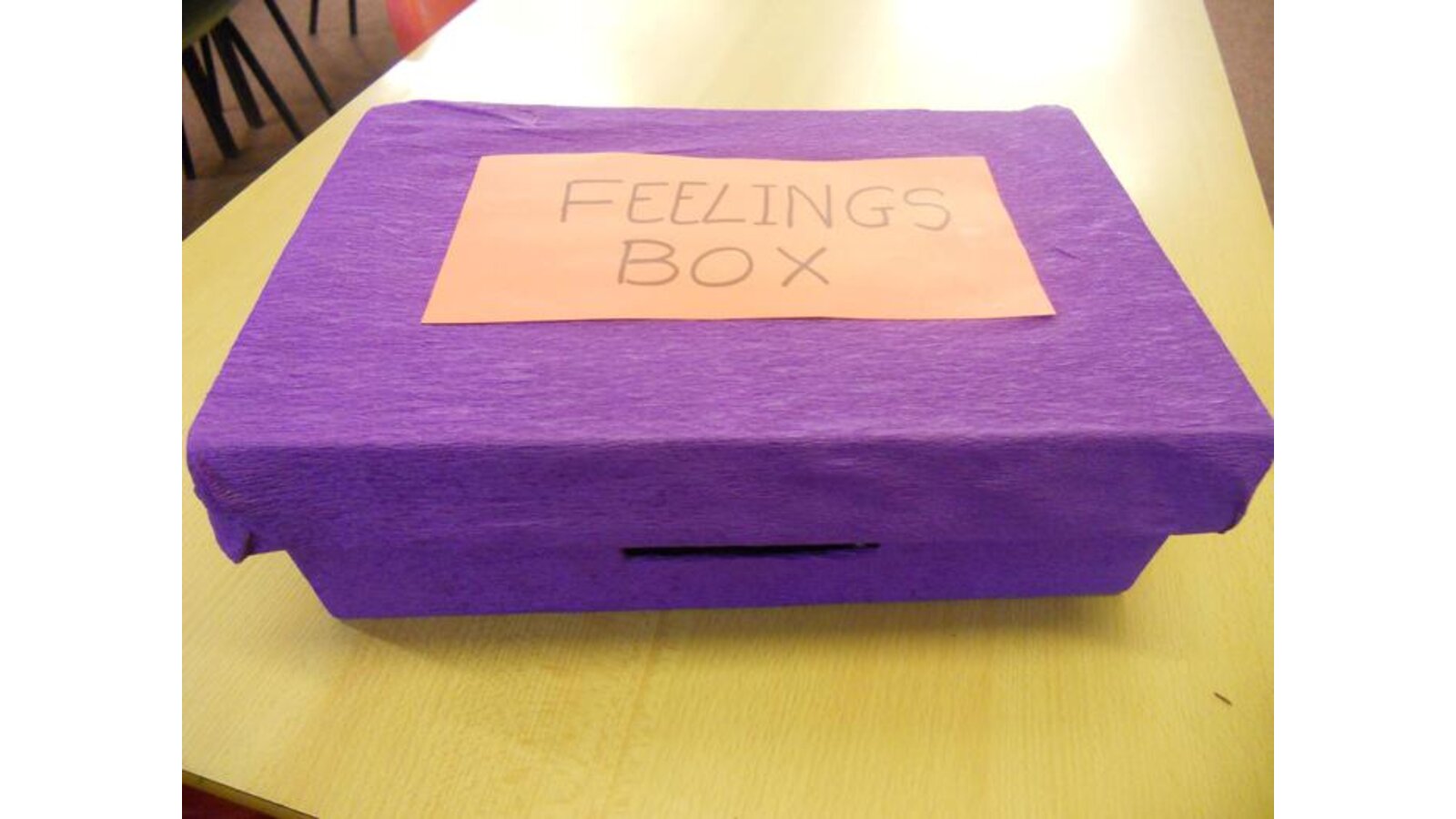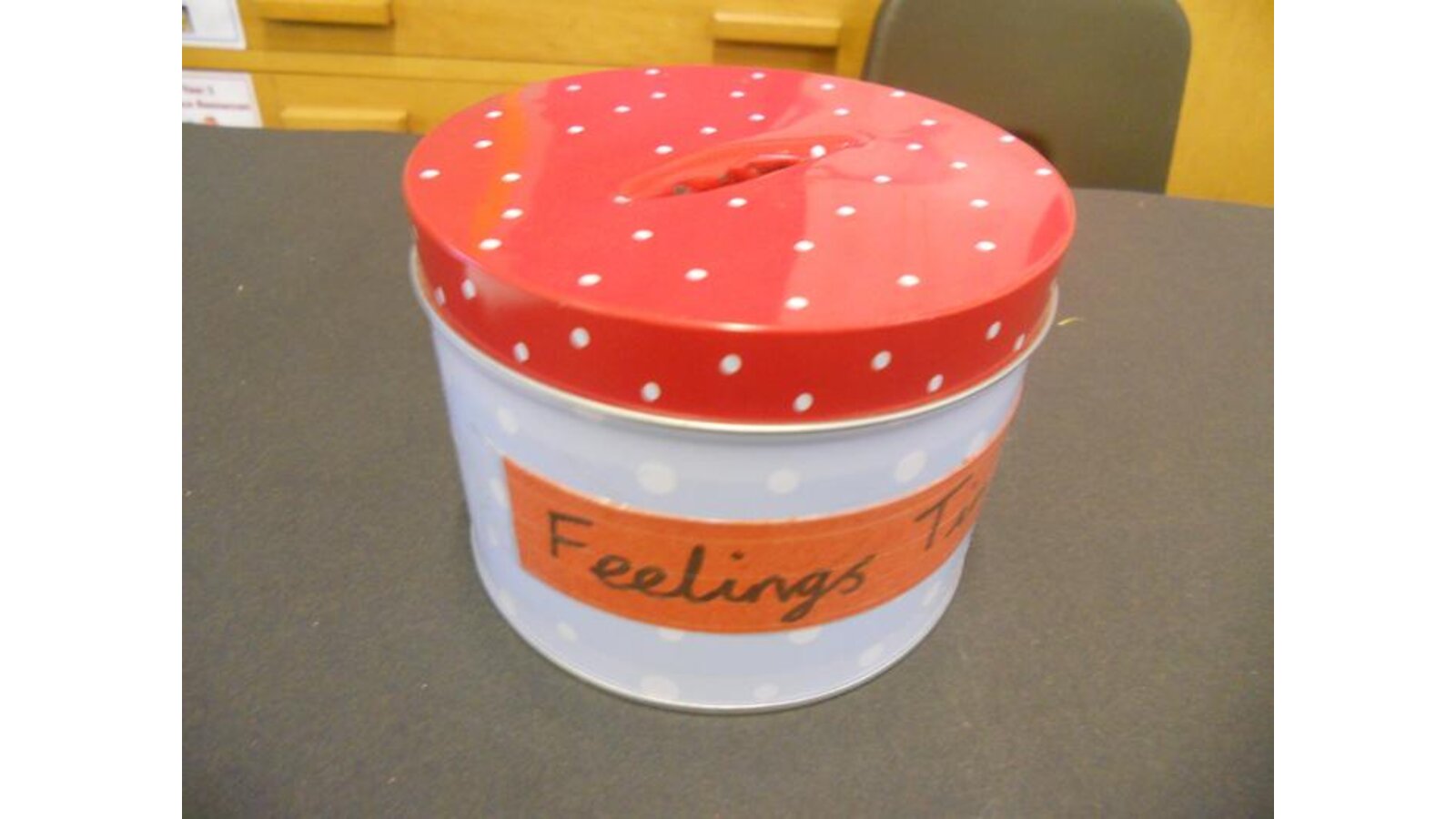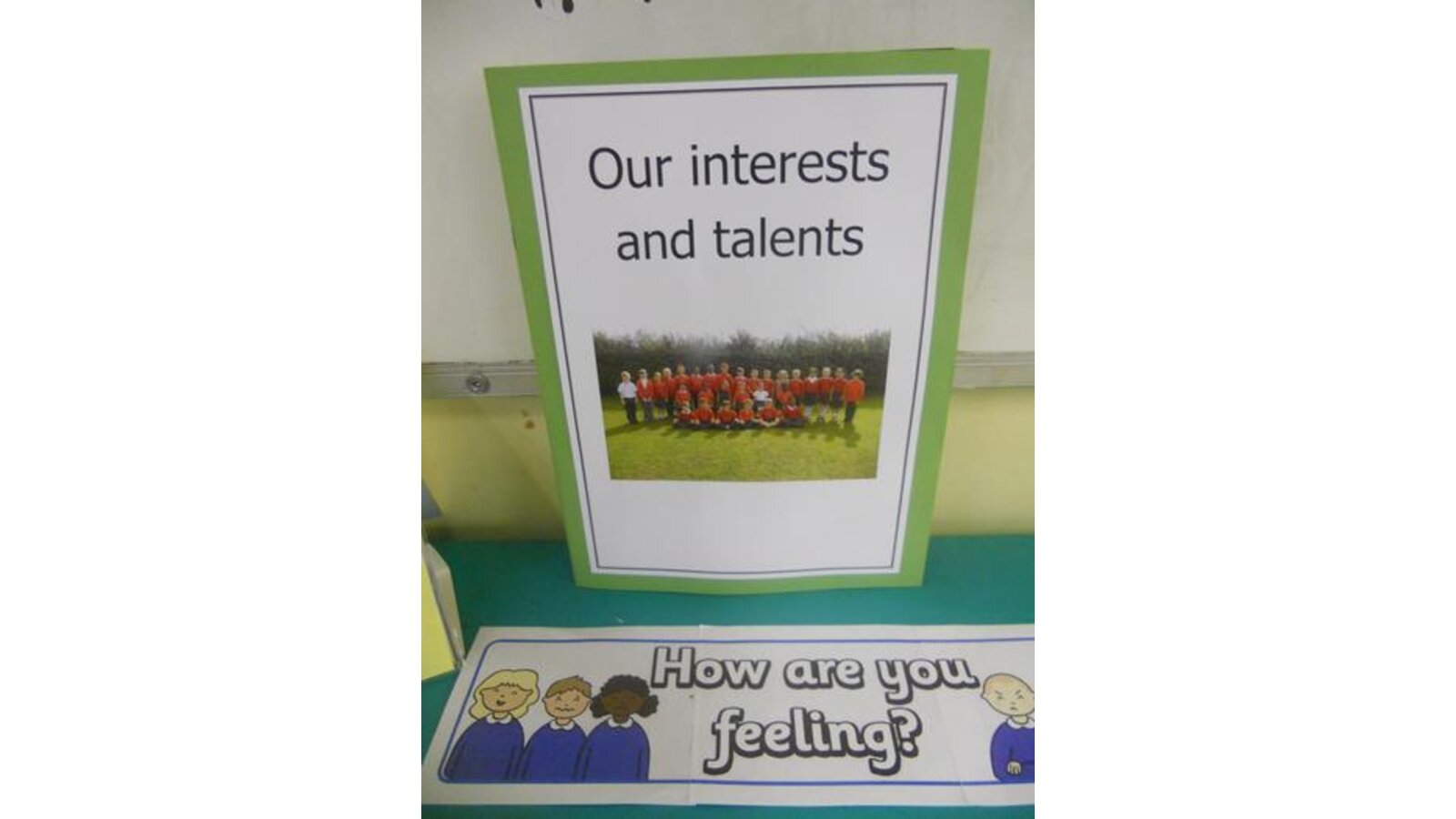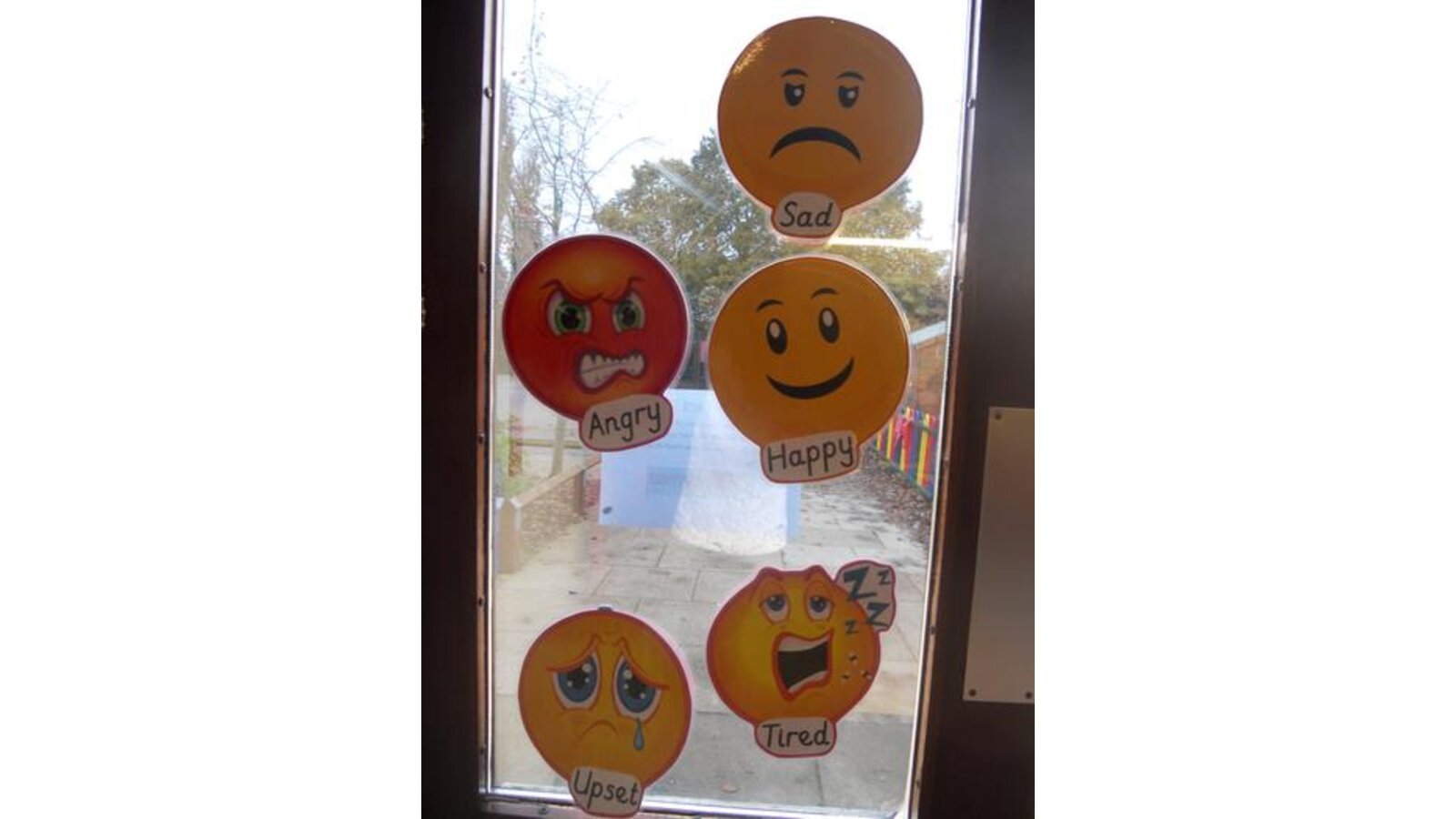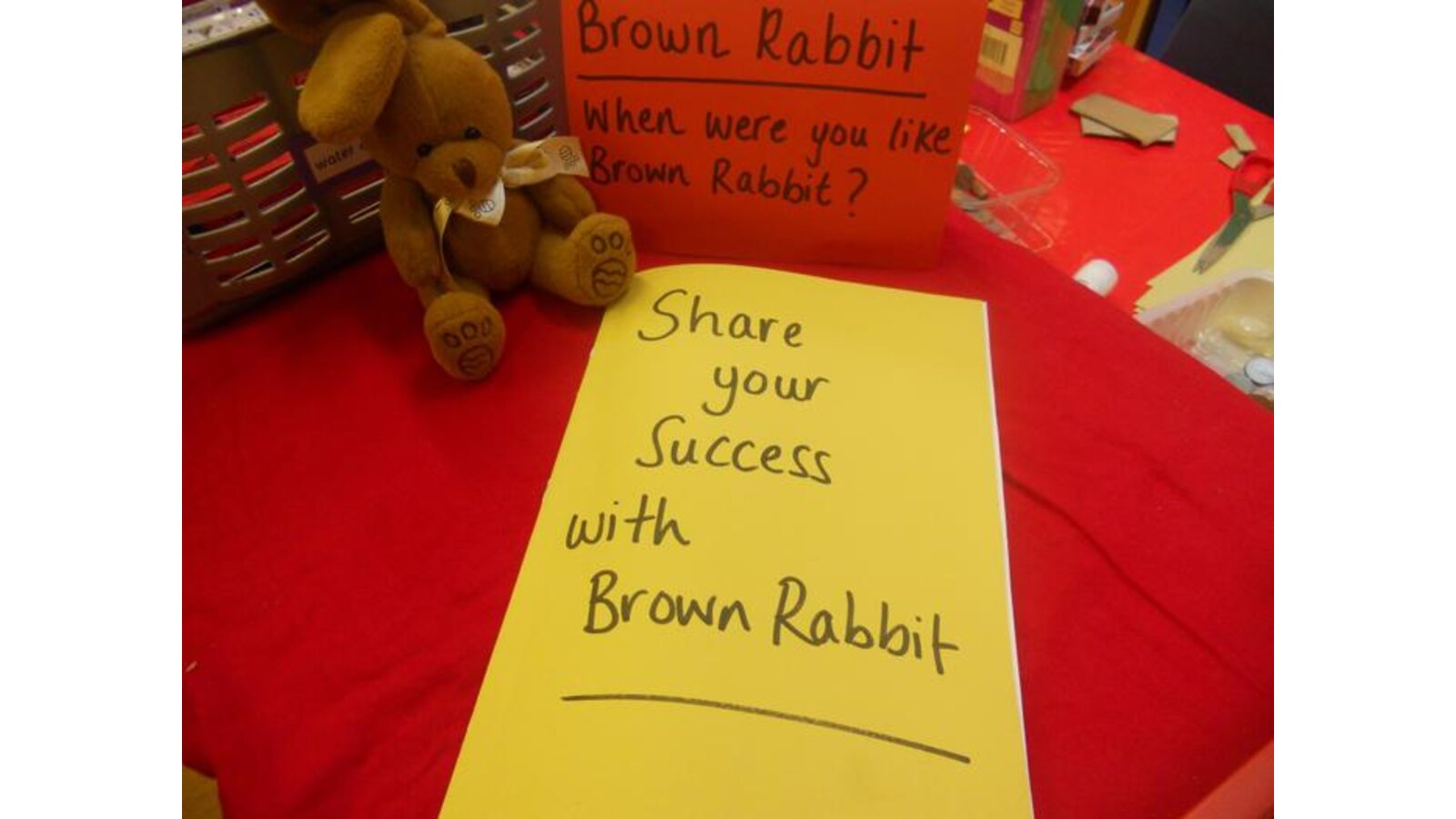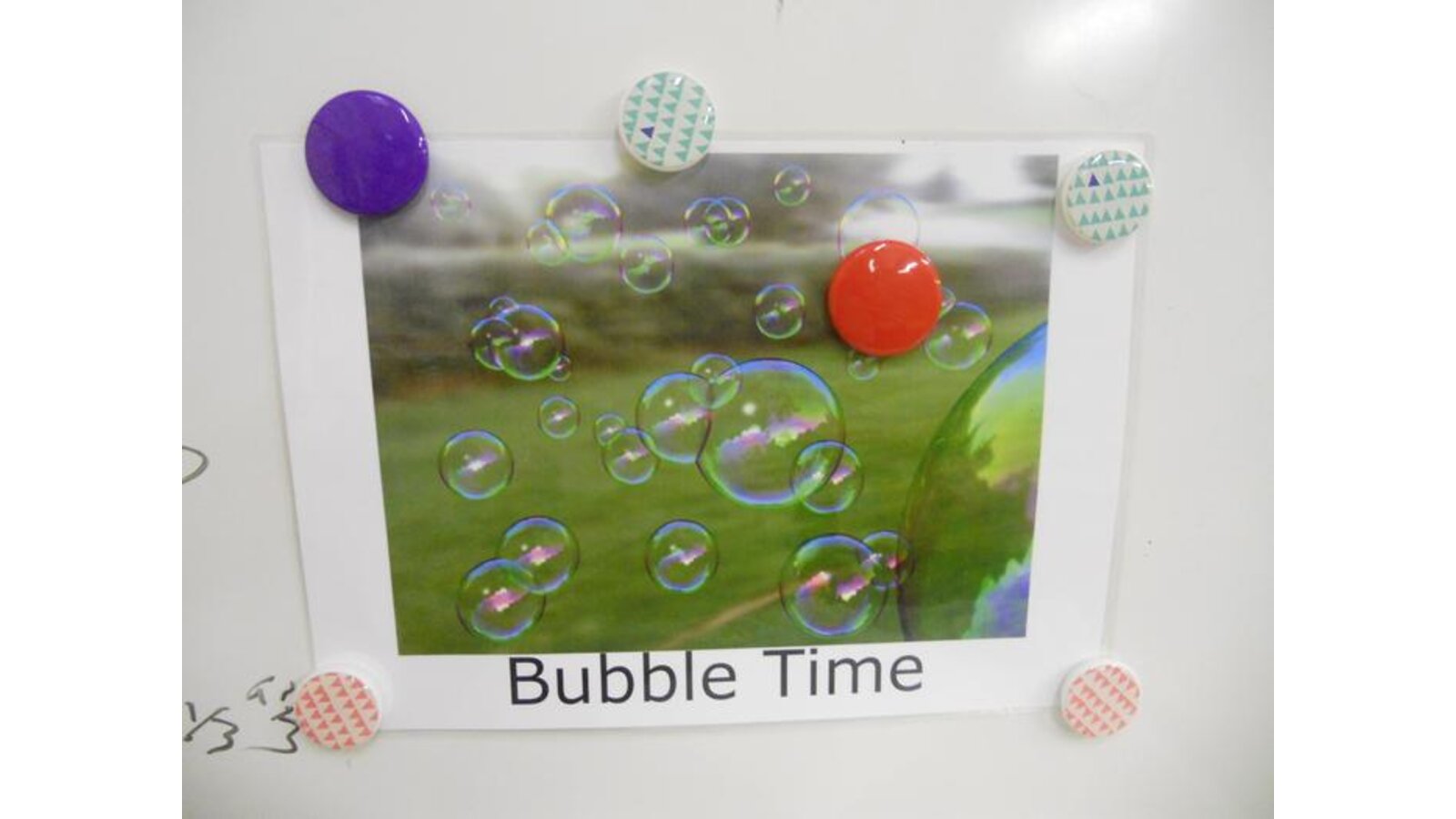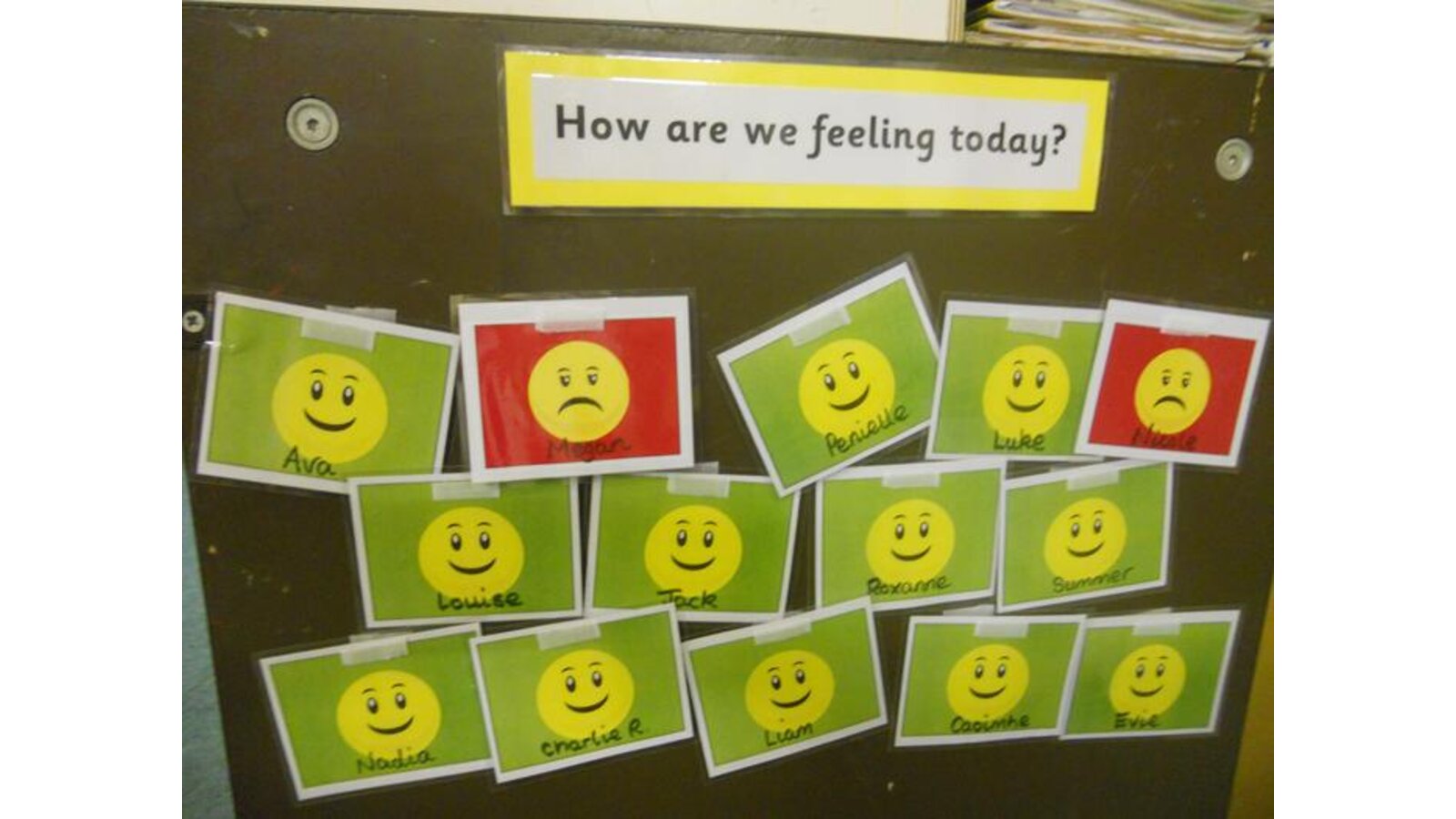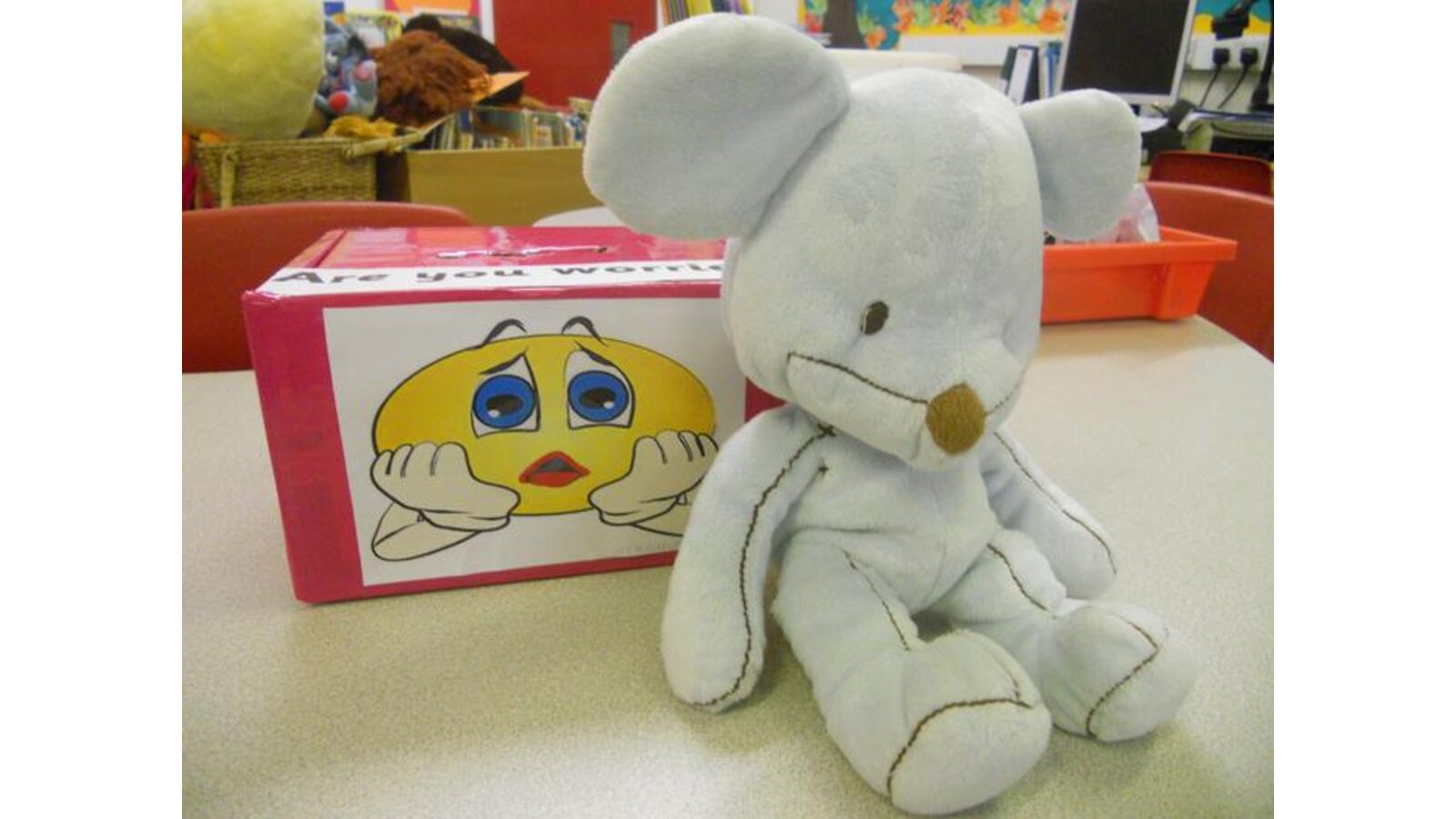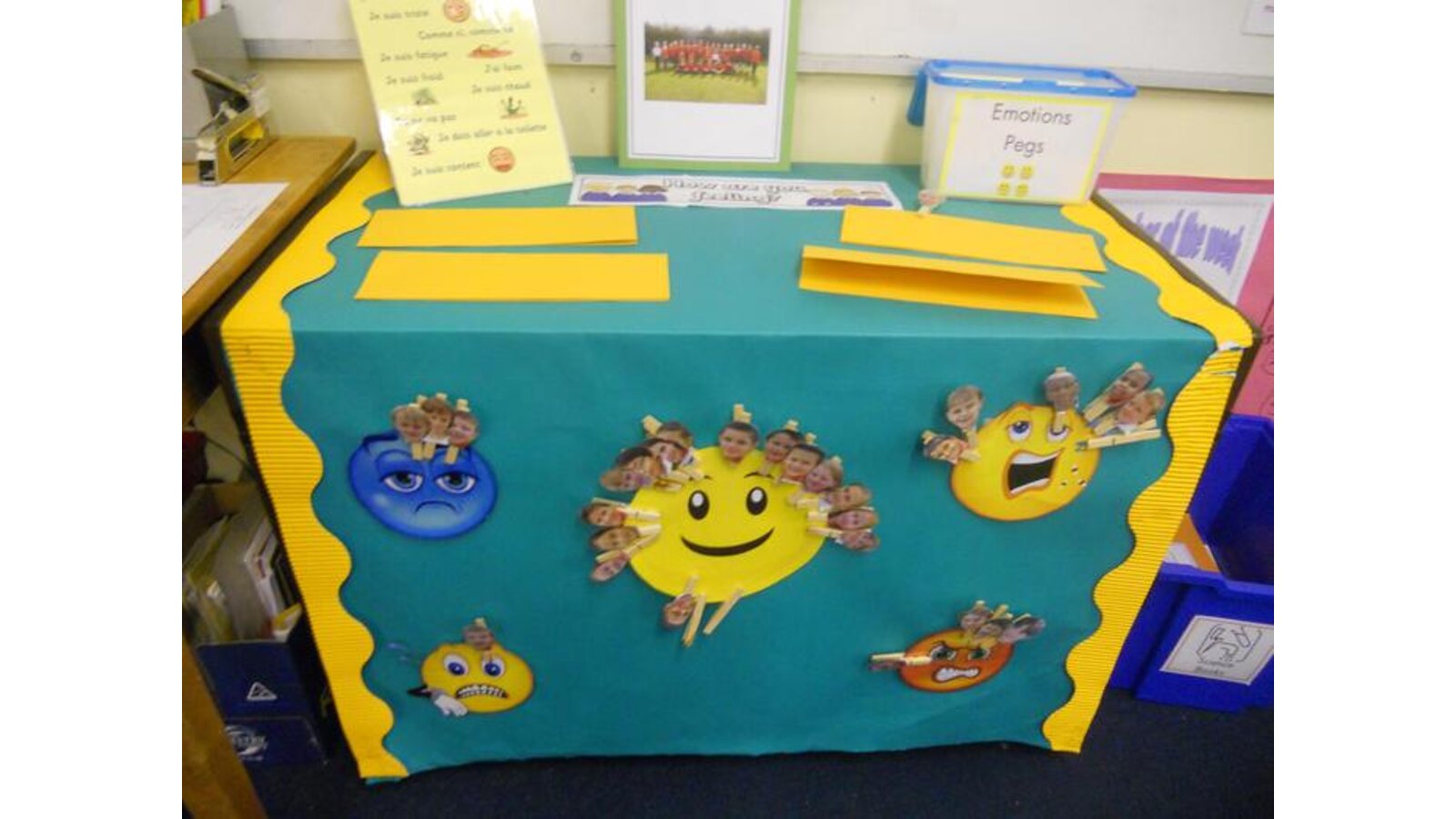Our PSHE Vision
Holy Family is a nurturing environment in which each child is encouraged to reach their full potential. As a family we celebrate each child’s uniqueness. As a school, we believe that children are all individuals and therefore, we aim to encourage mutual respect, responsibility and foster self-esteem in a happy and caring atmosphere. The teaching and learning of PSHE supports and upholds this vision. PSHE deals with the diverse beliefs, values and attitudes that individuals and societies hold. They help pupils to develop themselves, their understanding of the world, and their ability to communicate their feelings. PSHE helps children to acquire British values and attitudes which are necessary if they are to make sense of their experiences within school and life itself, value themselves, respect others, appreciate differences and diversity and feel confident and informed as a British citizen. Our vision is for every children to feel enabled to reflect on and clarify their own values, attitudes and feelings by having the opportunity to explore a range of values and attitudes they encounter in their lives and in their future lives.
At Holy Family we aim to teach the children in Key Stage 1, to:
a. generate ideas by drawing on their own and other people's experiences
b. develop ideas by shaping materials and putting together components
c. talk about their ideas
d. plan by suggesting what to do next as their ideas develop
e. communicate their ideas using a variety of methods, including drawing and making models.
We aim to teach the children in Key Stage 2, to:
a. to talk and write about their opinions, and explain their views, on issues that affect themselves and society
b. to recognise their worth as individuals by identifying positive things about themselves and their achievements, seeing their mistakes, making amends and setting personal goals
c. to face new challenges positively by collecting information, looking for help, making responsible choices, and taking action
d. to recognise, as they approach puberty, how people's emotions change at that time and how to deal with their feelings towards themselves, their family and others in a positive way
e. about the range of jobs carried out by people they know, and to understand how they can develop skills to make their own contribution in the future
f. to look after their money and realise that future wants and needs may be met through saving.
Emotional Literacy
"WHAT IS EMOTIONAL LITERACY?"
Emotional Literacy is the term used to describe the ability to understand and express feelings.
Emotional Literacy involves having self-awareness and recognition of one’s own feelings and knowing how to manage them, such as the ability to stay calm when angered or to reassure oneself when in doubt. It includes empathy, i.e. having sensitivity to the feelings of other people and it has been said that emotionally literate people are able to employ self-discipline in order to harness their emotions and identify and reach their personal goals.
Emotional Literacy also includes being able to recognise and adapt to the feelings of other people, whilst at the same time, learning how to manage and express one’s own emotions effectively. This is helpful to developing good communication skills and the enhancement of our relationships with other people.
It is especially important that young children develop Emotional Literacy because they need to have a recognition of their emotions in order to know how to behave, mature and ultimately be happy.
"WHY IS EMOTIONAL LITERACY IMPORTANT?"
Emotional Literacy to be important in promoting happiness and self satisfaction.
Having an ability to understand and express feelings improves a person’s self esteem. Evolutionary theory has suggested that we first developed having appropriate awareness of other people in order to aid the survival of human society. In the modern age, a person’s ability to empathise and cooperate with other people can translate into their social and economic success.
It has also been said that without relationship skills, a person’s social support and friendships can disappear. Therefore, recognition of the need for effective teamwork can make the development of Emotional Literacy as important as having technical competence.
Many people (as well as children) may have trouble expressing their emotions simply because they are not used to talking or thinking about their feelings or because they are afraid.
"HOW CAN EMOTIONAL LITERACY BE DEVELOPED?"
The first stage in developing Emotional Literacy is usually for a child to become comfortable exploring and discussing their feelings. Exercises to improve such expression can at first be as simple as making statements such as ‘I am happy’ or, ‘that makes me upset’. These can then be expanded upon and developed over time as the child’s confidence and competence grow.
We use a wide range of activities in understanding and helping children develop Emotional Literacy through the use of activities which;
- Promote the child’s co-operation with others;
- Create situations for children with positive social interactions with other children/people which helps to build the child’s self esteem;
- Model effective social behaviour; and which
- Using hypothetical situations to encourage children to discuss how other people might be feeling.
Special Person
All of us have chosen a special grown-up in our school who we can talk to if we have any worries or if we would just like to talk to someone. We choose this grown up in September and we can talk to them at any time throughout the year.
For more information about what specific classes do to support emotional literacy please see the class webpages.
Emotional Literacy Across the School
The Holy Family Catholic Primary School Promoting British Values
The Department for Education requires all schools ‘to promote the fundamental British values of democracy, the rule of law, individual liberty and mutual respect and tolerance of those with different faiths and beliefs.’ The school’s values and ethos is one of tolerance and respect. The recognition that all people are to be valued regardless of beliefs, background or ethnic origin is reflected in the school’s Equality Statement and rooted in the school’s Mission Statement and Aims. Our school actively promotes British values inside and outside of the curriculum in the following ways:
Democracy
Pupils are taught how they can influence decision making through the democratic process and have the opportunity to have their voices heard within the school. The pupil elected school council works with staff to improve the school and influence school policy. Members of the school council are provided an opportunity to visit The Houses of Parliament and experience first-hand democracy in action. In addition, pupil questionnaires and interviews are further opportunities to promote the pupil voice within the school and to prioritise actions and evaluate the success and impact of change. Class teachers often use class votes to decide upon class activities.
The Rule of Law
We actively promote and teach the pupils about the rules of law that governs the class, school or country. Policies and procedures are in place to tackle behaviour and attitudes which are contrary to the school’s moral code and expectations. Pupils are taught the difference between right and wrong as well as the importance of honesty, forgiveness and reparation through our class and school rules. Pupils are taught the value and reasons behind laws, that they govern and protect us, the responsibilities that this involves and the consequences when laws are broken. Visits from authorities such as the Police; the Fire Service and Road Safety teams are regular parts of our calendar and help reinforce this message. Year 5 and 6 are also visited by the NSPC where they learn about the importance of following various rules/laws to ensure their own personal safety and that of others.
Individual Liberty
Pupils are encouraged to be independent learners, constantly making choices, within a safe and supportive environment. Developing their self- esteem and self-confidence is very important and this is done in an atmosphere of tolerance and acceptance within the school. Pupils are encouraged to understand their personal freedoms and are taught how to use these rights to best effect, alongside the responsibilities that go with these rights. Pupils are given the freedom to make choices within the school, ranging from the pupil choice challenges in lessons to the participation of extra-curricular activities, right down to the choice of their school lunch.
Mutual Respect
As a faith community, mutual respect is at the heart of our values. Children learn that their behaviours have an effect on their own rights and those of others. All members of the school community treat each other with respect as we actively encourage children to take Jesus as their role model and to live out our Mission Statement “to live, love and learn with Jesus” on a daily basis. Pupils are regularly involved in activities in assemblies and class acts of worship, where they are helped to understand why mutual respect is a vital value and where they can reflect on the ways in which we can show respect to one another.
Tolerance of those of Different Faiths and Beliefs
As a Catholic worshiping community, pupils are reminded of their place in a culturally diverse society. This is achieved through our Religious Education curriculum and the spiritual life of the school. Assemblies and class work promote the diversity of society and the right for each person to be respected and valued equally regardless of ability, gender, faith, heritage or race. Members of different faiths or religions are invited to school to share their knowledge and enhance learning within assemblies and in class. Active support of charities, both in Britain and overseas, develops the children’s appreciation of and respect for the differences and inequalities in the world and of all the things that we share as human beings, for example the need for food, shelter, security and love
